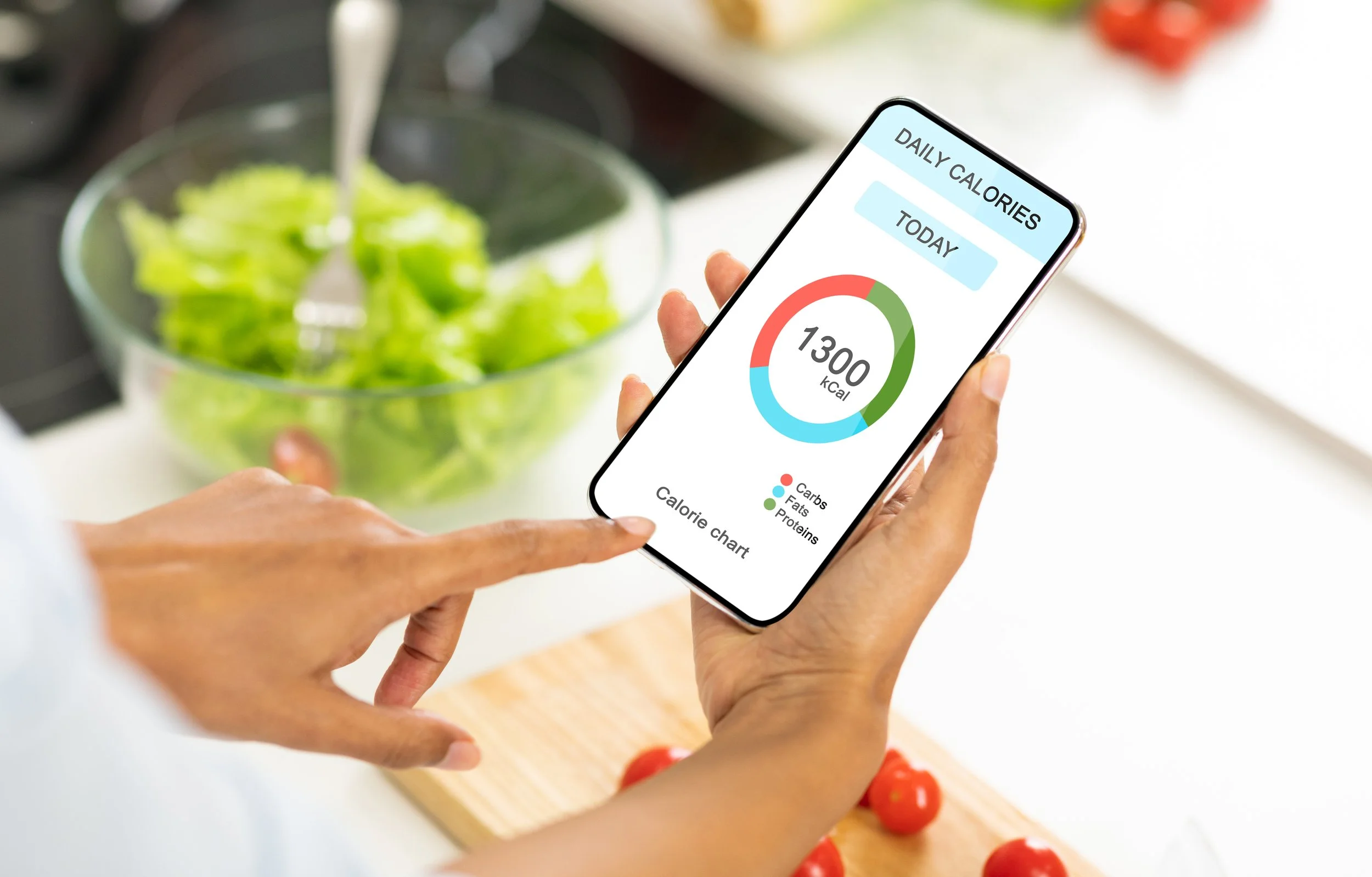The 1,200-Calorie Diet Should Die: A Better Approach To Dieting
Did you know that our bodies need energy to function? Crazy, right? Unfortunately, our bodies need energy—just like cars need fuel.
Here are the facts: food fuels our bodies. The calories that come from food are the amount of energy the food contains. That’s all a calorie is. It is a unit of energy.
We could get into more specifics about how it raises the temperature of the water a certain amount…blah blah blah. But right now, all you need to know is that a calorie in terms of nutrition is the energy that we can obtain from food.
In other words, no one should be afraid of calories. In fact, you should consume a good amount of them.
So, forget the diets where you count calories—especially forget the diets that say you should only consume 1,200 calories. They don’t create long-term weight loss, and they might be harmful to you.
1,200 calories are barely enough calories for a toddler. Think about that. Whoever told you that you should only consume up to 1200 calories basically said you should only eat the amount a toddler eats. This little amount is dangerous to your body and could be harmful if sustained for too long.
Why You Need More Than 1,200 Calories
One problem with such a low-calorie count is the intake of nutrients. Often, those who restrict calories don’t get those necessary vitamins and minerals.
It is easier to find foods that are low-calorie but highly processed. While it is NOT bad to eat those foods from time to time, a lot of necessary and beneficial nutrients are typically not present and end up missing from one’s diet.
Not only is it important to eat intuitively, but it is just as important to practice gentle nutrition that benefits our bodies as well!
Why You’re Not Seeing Results
As we’ve already discussed, 1,200 is a pretty low number in terms of calorie consumption. So low that our body cannot properly function.
If consuming only 1200 calories or less, our bodies cannot keep up with the amount of energy that we are expending. Not only in the activity that we voluntarily participate in, but also in the actions that we cannot see.
For example, our bodies are constantly working through breathing, circulation, metabolism, organ function, and more. If our energy intake is not high enough, these systems won’t work properly. Kind of scary to think about, right?
Many people do not see results of weight loss on a 1,200-calorie diet because the body will hold on to whatever it can to receive energy.
Any fat or calorie that is not being used will be saved and stored to enable a “starvation” mode. Eventually, if the caloric deficit is too large for a prolonged time, the metabolic system will be altered, slowing down the weight loss process as well.
In another blog post, we discussed how diet maintenance can be a leading reason why results are not showing up. Trying to keep up with the substantial deficit of 1,200 calories a day can be a struggle too.
Just like any other diet trick, it turns out that the maintenance of this calorie reduction can be a struggle. You didn’t see results on a 1,200-calorie diet? That’s because we were not made to survive off of a toddler diet.
We need a diet that can help us keep up with everyday life. If that means we need to eat more than our friends, so be it. We all have different lives, and we all have different bodies. Each of us requires different needs.
Proper Caloric Consumption
Calorie consumption can vary on your activity level. An Olympic athlete will probably eat more than the average person, and some people may naturally need less, but essentially no healthy adult should be eating as little as 1,200 calories.
While there are caloric recommendations for each age, sex, and activity level, I do not believe that that should be our standard either.
For those that are struggling and searching, I would advise you to not fall for the ads or schemes telling you that the only way to become healthy and lose weight is to cut calories.
Instead, I would encourage you to find what makes you feel best. Eat until satisfied and listen to what your body is telling you.
We all have natural hunger cues, and you should listen to yours. If you are hungry, your body is probably telling you that you need more food! Honor your body and those cravings.
My Experience with Calorie-Limiting Diets
I went through that phase where I limited everything I ate, then supplemented it with plenty of exercise. Not a good combo.
I grew up believing that I needed to watch my calories and that calories were what made me fat. I used to tally up in my head what I was eating and if I thought I might be getting too close to 1200 calories I wouldn’t eat anymore.
Let me tell you, 1200 calories is not a lot of food and I was hungry for long periods.
Focusing that much on calories warped my mind so much so, that I became uneasy eating around people in fear that they were judging how much I ate.
Here’s a secret: no one cares. ;)
Dietitian’s Advice For Those Frustrated With Calorie-Restricting Diets
Don’t be scared by what the package says. I have been there, and it is hard. Looking for the healthiest option before you buy it or analyzing the nutrition facts before you can take a bite. It’s not fun and it doesn’t work. It’s just a number.
It’s okay to eat that snack and that meal and that dessert. I challenge you to go out to eat with your friends and not to look at the calorie count beside the dish.
I don’t know about you, but I would rather feel strong and awake than weak and tired. Let’s nourish our bodies and keep them energized all day long!
Talk with Elizabeth
Elizabeth McIntyre, RD is a dietitian in Louisville, KY. She helps people from all backgrounds and ways of life learn the joys of intuitive eating.







